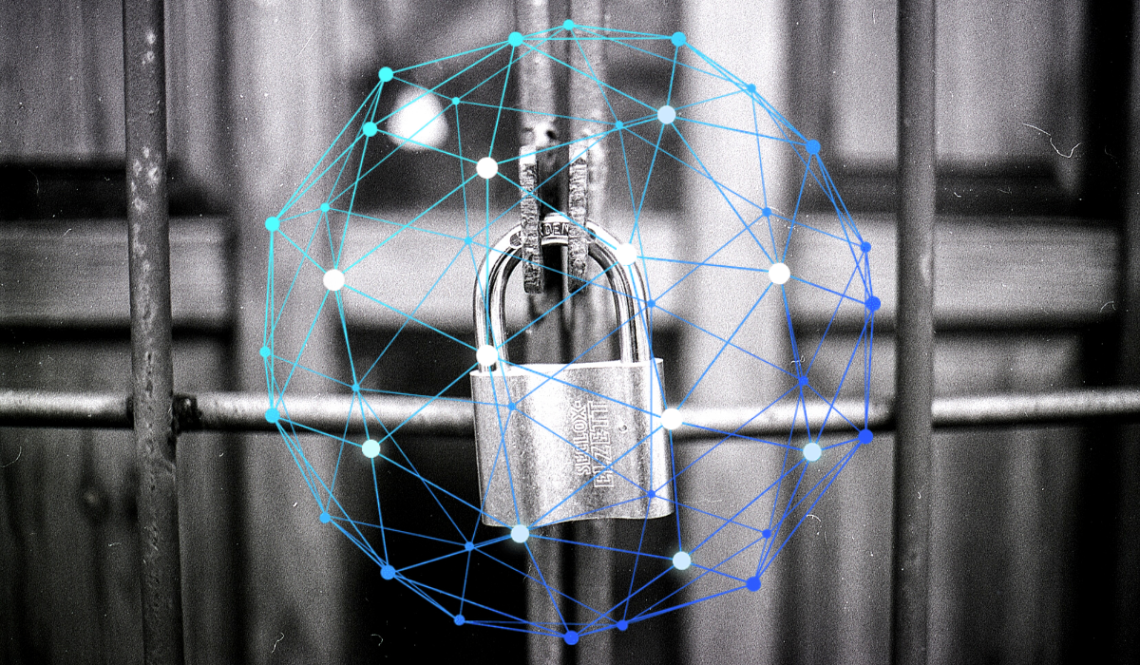- The Cambridge Analytica scandal is still considered one of the most eye-opening and bizarre moments that have occurred in modern digital history.
- Facebook claimed it wasn’t aware of this practice, and an outsider researcher acquired the data.
- Blockchain users can reach the utmost level of anonymity by separating the two types of data.
In this overwhelmingly digitalized world, one of the main concerns that many tech geeks and analysts voice is the breach in our privacy. They are fearful that the unfaithful attitude towards our trust to them will invariably lead the companies we trust to abuse our data.
We are becoming this caste of digital consumers that hand their private credentials to the big corporations like Facebook, Google, and others. And in return, instead of protecting privacy, they hold our data as leverage to get more power, resources, and influence.
Granted, the KYC service providers (Know-Your-Customer-types) need to gather information about their users to exclude terrorist funding, money laundering, and other suspicions. Still, there is a certain point beyond which our privacy threatened.
But according to a former Cambridge Analytica business development director, Brittany Kaiser, who also happens to be a whistleblower having published all the nasty things her company was doing. The not-so-new but still-powerful blockchain technology will undoubtedly change the way we handle our data and improve our privacy.
The Cambridge Analytica scandal
The Cambridge Analytica scandal is still considered one of the most eye-opening and bizarre moments that have occurred in modern digital history, apart from the Snowden scandal probably.
Cambridge Analytica was a British data analytics company that used consumer data for various political manipulations, predominantly to influence the election processes.
In March 2018, Brittany Kaiser, alongside other whistleblowers working at the company, revealed the firm was collecting millions of Facebook users’ data to make specific effects on the 2016 US election campaign. In the exact numbers, it was around 87 million profiles that abused for this matter.
Facebook claimed it wasn’t aware of this practice, and an outsider researcher acquired the data. According to the company, the researcher claimed they needed this data for scientific research only.
But not many analysts believe in this story. They state that big companies like Facebook, as well as Google, and others who handle billions of users’ data aren’t making sufficient efforts to protect them. And in the case of Cambridge Analytica, they go as far as to claim that the company handed 87 million profiles to the British firm itself.
Blockchain to save the day
In any case, the analysts don’t trust big companies. And Brittany Kaiser believes blockchain can save the day. In an interview with Cointelegraph, she voiced her optimism that the new digital technologies would prove much better in data consumption and protection of our privacy.
According to Kaiser, “it’s blockchain tech and blockchain entrepreneurs that are gonna solve a lot of the problems of the data protection crisis.” And the possible solutions are already being suggested. One of the main stress points in this narrative is blockchain’s cryptography and anonymity provided through that level of encryption.
Blockchain users can reach the utmost level of anonymity by separating the two types of data: the one that can sell for marketing purposes and the one that is too private for it.
Blockchain enthusiasts claim that users can securely encrypt the second type of data – the one that contains our individual information like relationships, political views, etc.
On the other hand, the marketable data – generated through web traffic like visited websites, searched products/services, etc. can be sold by the users directly without third parties.
Moreover, Kaiser claims that a couple of countries have taken the data privacy issue very seriously and improved their parliamentary system in accordance to those issues.
In her opinion, Germany and Switzerland are those two countries where data protection is at the top level. While the United States, her home country, doesn’t get the same appraisal from her, claiming that there’s “nearly zero” effort made in data protection.
Blockchain is slowly growing out of the traditional perception that it’s only usable for powering cryptocurrencies. It proves that when it comes to data protection, the effectiveness of production and supply chains, and other fields of activity, digital technology can be a step forward towards improvement.
Steve Anderson is an Australian crypto enthusiast. He is a specialist in management and trading for over 5 years. Steve has worked as a crypto trader, he loves learning about decentralisation, understanding the true potential of the blockchain.


 Home
Home News
News










